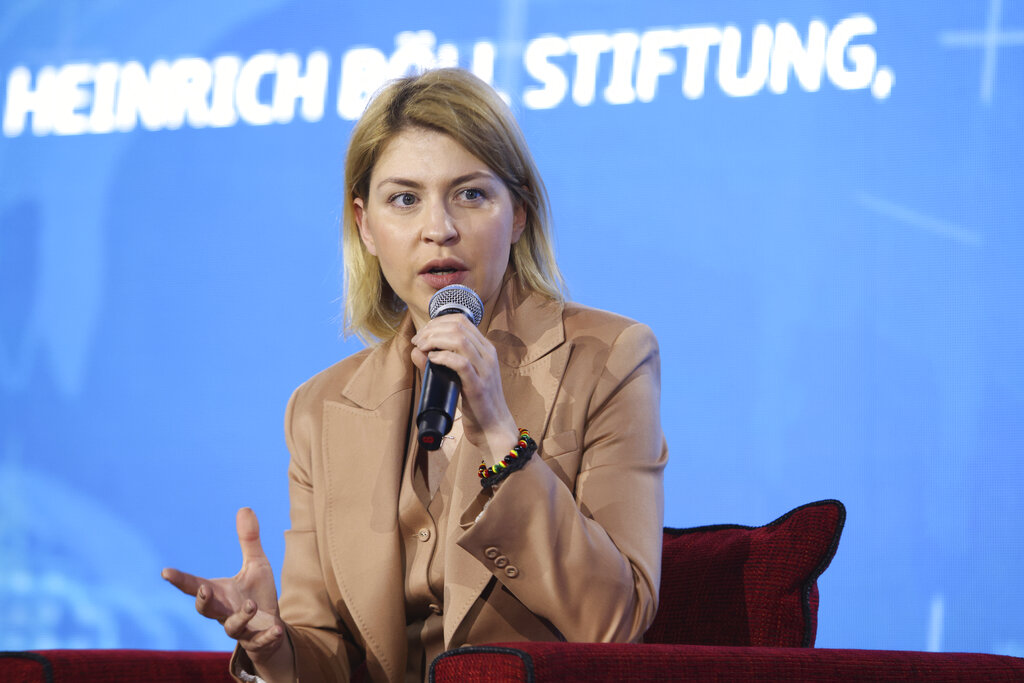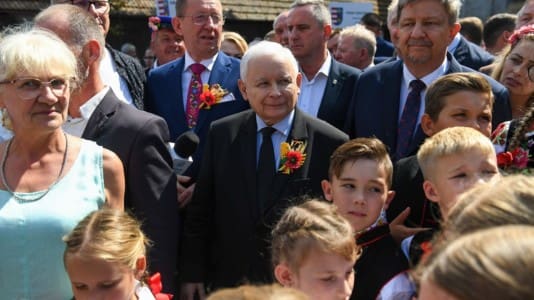Last week, Ukrainian Deputy Prime Minister Olha Stefanishyna criticized Poland for protecting its agriculture and food market in the face of cheap Ukrainian grain.
The Ukrainians want membership in the European Union to justify the sacrifices they have made for independence, democracy, and freedom. However, they tend to blame their own government for being incompetent with the process and are concerned that the journey toward Western integration has slowed. This is why Stefanishyna appears to be banking on Ukraine’s acquiescence to Germany to speed up the membership process.
But Berlin has been pressurizing Kyiv in a similar way to how it criticizes Poland, picking on Ukraine’s problems with the rule of law and its economic needs.
German media has reported in detail on the spat between Poland and Ukraine regarding the alleged dumping of Ukrainian grain on the Polish internal market, and Germany has sought to ensure that the temporary EU embargo on Ukrainian grain is lifted on Sept. 15 in order to use that as leverage with the Ukrainians.
The European Commission invited Stefanishyna for talks about Ukraine meeting the conditions for EU accession in seven areas in which legislation needs to change. The meeting was preceded by several meetings between Ukrainian and German politicians.
This process showed that Germany regards itself as the head of the European Union, the decision-maker on who is in and who’s not. German diplomacy is clearly using a window of opportunity presented by Poland holding its elections to intensify its communications with Ukraine.
In Brussels, Stefanishyna was told that Ukraine has satisfied the EU on media freedom and the rule of law, but in other areas there was still much to be done. There was little on paper from the Commission after the meeting, but Stefanishyna did give an interview in which she blamed Poland for the grain import crisis affecting Ukraine’s membership chances.
Berlin is dangling the carrot of EU membership and hinting to Kyiv that Poland is a barrier to that membership rather than a facilitator of it.
The political capital that has been built as a result of the way Poland has helped Ukrainians has not been wasted, but it is being eroded. President Zelensky may want to maintain a close alliance with Poland and Ukrainian society is sympathetic to the Poles, but Germany is playing hardball and has launched a diplomatic offensive aimed at turning Ukraine against Poland.






